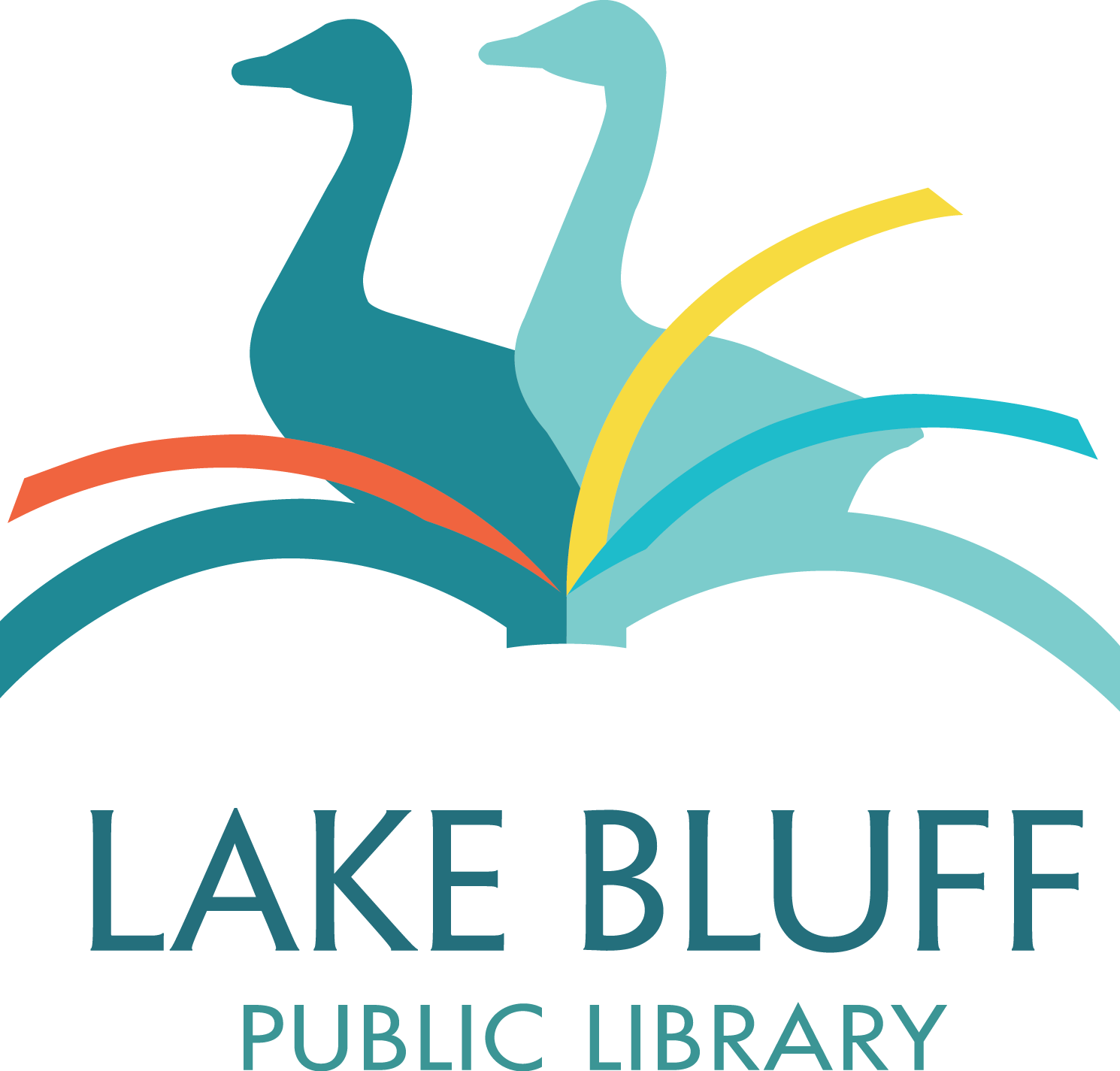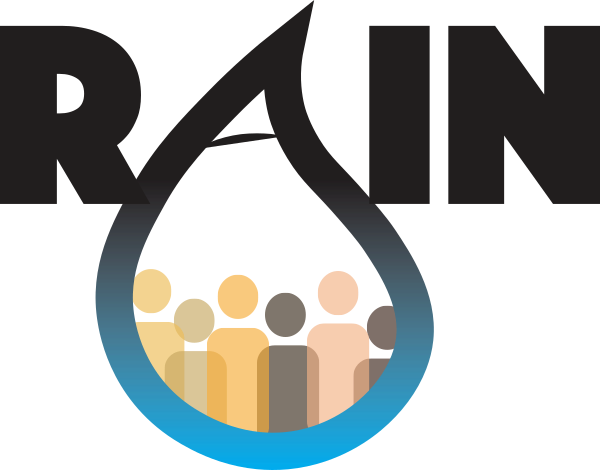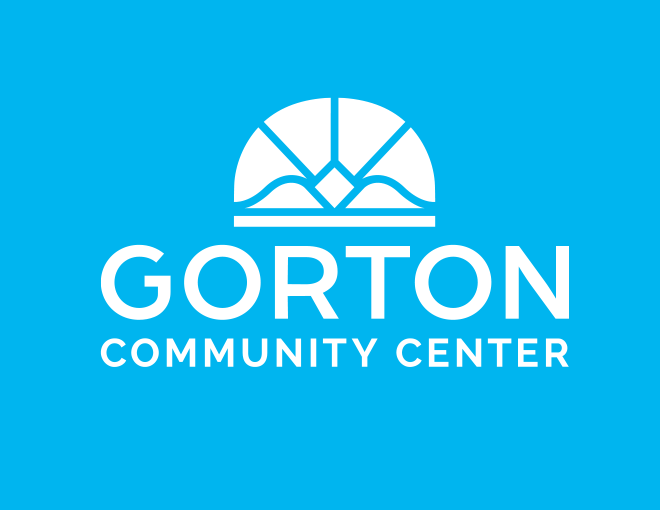Thank you for your interest in this past event, survey, or contest. The information may no longer be up-to-date or active.
About the Book
Michelle Kuo, at age twenty two, arrives in the Mississippi Delta town of Helena, Arkansas in 2004. Kuo quickly realizes that her new home, the birthplace of the Civil Rights Movement, is still poor, still segregated and still in need of dramatic change.
Helena is where she meets Patrick, inquisitive and quiet, with a poor attendance record. With Kuo’s attention, Patrick’s reading and writing flourish and he wins a school-wide award for “Most Improved.” When Kuo leaves Helena to pursue a law degree, she suspects herself of having taken the easier route.
Three years later, Kuo receives the news that Patrick is in prison for murder. Kuo puts her life on hold and moves back to the Delta.
In the visiting room of the Phillips County Jail, she and Patrick spend seven months poring over classic novels, poems, and historical narrative by Frederick Douglass, C.S. Lewis, Marilynne Robinson, James Baldwin, W.S. Merwin and more. Patrick learns how to be a serious reader and a fluent writer, and in doing so, discovers new worlds both inside and outside of himself.
In her time reading with Patrick, Kuo is herself transformed as she contends with the questions of what it is we owe each other and how starkly economic and racial inequality determine our life outcomes. What social transformation is necessary to change a life? And what kind of connection can two people make when there exists such dramatic inequality between them?
At its heart Reading with Patrick is a meditation on how education changes the experience of incarceration and the limits of that change. It tells a history of the American South, from the legacy of slavery to the effects of prison. And it is a story of the miraculous effect of the written word and the consolation it provides.
As James Wood writes in The New Yorker, “Anyone interested in questions of pedagogy, racism, and incarceration in America, not to mention literary criticism, will be enthralled by this book ... It is hard to read this challenging book ... and not think, You must change your life."
Go to the catalog to borrow "Reading with Patrick" by Michele Kuo
Thank you for attending these 2021 events with us
- The Poems of Michelle Kuo's "Reading with Patrick"
- Afternoons with Judy Levin discussion of "Reading with Patrick"
- Reassessing Myths of U.S. History: Racism did not end after the Civil War
- True Story Book Group discussion of "Ghosts in the Schoolyard" by Eve L. Ewing
- Film Discussion of "White Like Me"
- Lake Forest Library Book Discussion of "Reading with Patrick"
- An Evening with Michelle Kuo
- Diversity & Inclusion in Lake County with Sandy Hart and Mary Cunningham
Poetry and Literature highlighted in "Reading with Patrick'
-
Gilead - Marilyn Robinson
-
George Herbert, Love (III)
-
My Dungeon Shook: Letter to my Nephew on the One Hundredth Anniversary of the Emancipation by James Baldwin
-
W. S. Merwin "To Paula in Late Spring"
-
W.G. Sebald The Emigrants
-
The Lion, the Witch and the Wardrobe
-
Haiku poetry
-
The Norton Anthology of Poetry
-
He Wishes for the Cloths of Heaven by Yeats
-
My Father's Love Letters by Yusef Komunyakaa
-
Narrative of the life of Frederick Douglas
-
The Fire Next Time
-
R. Ammon "Easter Morning"
-
Mary Oliver "Mysteries, Yes"
-
Lorraine Hansberry "A Raisin in the Sun"
Book Club Discussion Questions
Some questions contain spoilers.
-
How did you experience the book? Were you engaged immediately, or did it take you a while to "get into it"? How did you feel reading it?
-
What challenges do rural areas such as the Arkansas and Mississippi Deltas face, and how are they different from urban areas? Why do you think we hear so little about rural education, employment, and crime in the news? Why do they get under researched and underreported?
-
Can the classroom protect students from the deprivation outside of it? Can it further that deprivation? How do Michelle’s experiences confirm or challenge your ideas about the transformative power of the classroom?
-
How is reading alone different from reading together? Consider experiences you’ve had being read to or instances where you’ve read to others.
-
What does poetry do that other texts can’t? Consider the “I Am” poem in school and poetry in the county jail.
-
What changes do you see in Michelle as a teacher? How would you compare her individual lessons with Patrick to her time as a formal teacher?
-
Patrick is a stranger when Michelle meets him, but overtime she begins to feel an ethical responsibility for his life. Why? Does she owe him anything? Why does she think she does, and how does he respond?
-
Michelle and Patrick ask each other their favorite lines from literature. Why does this act of sharing open up conversation between them? What are some of your favorite lines from the book? (This can include lines from the poetry and books that they read together.)
-
Patrick does not blame his circumstances for his hard life. Michelle clearly does. What do you make of their disagreement? Would you have tried to convince him otherwise?
-
Among other histories, we witness passages on migration, rural organizing of Back-to-Africa movements, and violence in the Arkansas Delta. How do these historical scenes help us to make sense of the memoir’s present-day circumstances and events?
-
What did you make of Patrick's lawyer and trial? How did Michelle's experience as a lawyer and familiarity with the criminal justice system impact Patrick and Michelle's perspective of Patrick's story?
-
This book is as much an Asian American story as it is an African American story. How does being Asian American help explain Michelle’s choices, including the decision to go to the Delta and the decision to leave?
-
How did Patrick and Michelle each change by the end of the book? What would you say each of their journeys were?
-
Can two people who have a radical power difference ever connect through a genuine feeling of equality? Michelle questions this idea, except for in one instance: when they read together. Why would literature, or any kind of art, open up that possibility of experiencing equality with one another? And why would she call that experience "fleeting"?
-
What passages strike you as insightful, even profound? Perhaps a bit of dialog that's funny or poignant or that encapsulates a character? Maybe there's a particular comment that states the book's thematic concerns?
-
Michelle could have ended on the optimistic note of part 3, where, after intensive daily work together, Patrick has becomes a writer of exquisite sentences and a sophisticated reader. But she doesn’t. We are told that life after prison for Patrick—finding a job, feeling at home in the Delta—"was a new battle, excruciating, and, unlike incarceration, with no end date." Why do you think Michelle includes this information? Does it change the meaning of their seven months together if Patrick still struggles after?
-
What do you make of how Michelle ended the book? Why do you think she wrote the ending as if she never left the Delta? Did you find this ending satisfying?
Questions sourced from Books on Tape and Lit Lovers.
Equity in Education Resources
Jump to: This Year's Selection Events & Discussion Partners Previous Selections
Local Organizations
Racial Awareness in the North Shore (RAIN)
RAIN strives to be a catalyst for racial and cultural diversity, and understanding. We generally meet the first Tuesday of the month at the Northbrook Library to plan future events. To join our mailing list or to reach out, please contact us.
The mission of our organization is to foster knowledge and engagement that will break down resistance to confronting our country's shared legacy of slavery.
Start a Conversation about Race at Home
The W.K. Kellogg Foundation National Day of Racial Healing provides a conversation guide to help participants start talking with their friends and family at home. Download the action kit.
To summarize, a conversation can start over dinner or a zoom call. Start by setting the stage for a productive conversation by reinforcing the purpose of the conversation, set agreements to honor mutual respect for participants, practice active listening, and begin with an ice breaker, such as "tell a story about how you played as a child," before deepening the conversation into topics about race.
Questions to consider discussing include:
- How often do you think about your racial or ethnic identity?
- What aspect of your racial or ethnic identity makes you proudest?
- In what ways does your race or ethnicity impact your personal life?
- In what ways does your race or ethnicity impact your professional life?
Find more questions to discuss in conversations at home about race via the National Day of Racial Healing conversation guide.
Books
"The Other Wes Moore" by Wes Moore
Find it at LFL — Find it at LBPL
"When They Call you a Terrorist" by Patrisse Khan-Cullors
Find it at LFL — Find it at LBPL
"How to be an Antiracist" by Ibram X. Kendi
Find it at LFL — Find it at LBPL
"Men We Reaped" by Jesmyn Ward
Find it at LFL — Find it at LBPL
"The New Jim Crow" by Michelle Alexander
Articles
"The Lost Student" by Michelle Kuo // The New York Times Magazine
"An Urgent Call from the Delta, Years Later"
"White Privilege: Unpacking the Invisible Knapsack" by Peggy McIntosh
"There is No Scientific Basis for Race—It's a Made-up Label" by Elizabeth Kolbert // National Geographic
"Still Separate, Still Unequal" by Keith Meatto // The New York Times
"Inside America's Biggest Prison Strike: The 13th Amendment Didn't End Slavery" by Nicky Woolf // The Guardian
The Healing Power of Reading by Michelle Kuo
A Tale of Two Schools: Race and Education on Long Island: Part 1
A Tale of Two Schools: Race and Education on Long Island: Part 2
Systemic Racism Explained
The Future of Race in America by Michelle Alexander
What I Am Learning from My White Grandchildren
Thank You to Our Partners
Jump to: This Year's Selection Events & Discussion Resources Previous Selections



